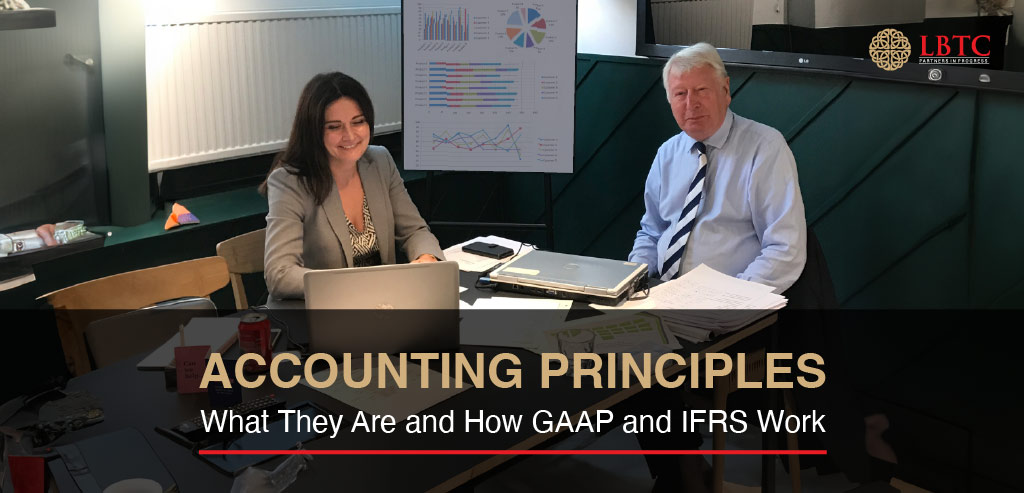
Have you ever wondered how companies manage their money? It all comes down to accounting principles, which are basically the guidelines that transport businesses disclose their financial health in accordance with. These guidelines make ensuring that financial statements are dependable, consistent, and easy to read, which helps creditors and investors alike comprehend a company’s financial situation.
Accounting concepts can be compared to a common business language. Accounting principles enable firms to present their financial information in a way that is simple to comprehend and compare with that of other organisations, just as grammar rules aid in plain communication. In today’s globalised environment, where investors may be examining businesses from all over the world, this is very crucial.
IFRS’s Place in International Accounting
The International Financial Reporting Standards (IFRS) are the most commonly used set of accounting principles among all the others. Adopted in 168 countries, IFRS offers a universally accepted framework that encourages comparability and transparency across national boundaries.
There are two primary widely-used sets of accounting principles:
• GAAP stands for generally accepted accounting principles. the majority of businesses operate under these guidelines.
• IFRS stands for International Financial Reporting Standards. Numerous businesses outside of the United States operate on these ideas.
Although there are a few small variations between GAAP and IFRS, the ultimate objective of both sets of guidelines is to present an accurate and transparent picture of a company’s financial performance.
Why are IFRS courses important?
If you’re interested in working in international finance or accounting, understanding IFRS is essential. An IFRS course can equip you with the knowledge and skills you need to interpret and analyse financial statements prepared according to IFRS. This can give you a significant advantage in the job market as more and more companies around the world are adopting IFRS.
Comparative Analysis of GAAP and IFRS
Although IFRS is extensively utilised in other countries. For both commercial businesses and nonprofit organisations, GAAP is a rules-based system that is mostly overseen by the Financial Accounting Standards Board (FASB). Additionally, there are specialised organisations such as the Federal Accounting Standards Advisory Board (FASAB) for federal agencies and the Governmental Accounting Standards Board (GASB) for local and state governments. In the United Kingdom, while public companies are required to follow International Financial Reporting Standards (IFRS) for stock exchange listings, privately held businesses and non-profit organisations may also choose to adhere to UK Generally Accepted Accounting Principles (UK GAAP) due to obligations from lenders or investors.
LBTC’s IFRS Course
LBTC offers a comprehensive IFRS course that will teach you everything you need to know about these important accounting principles. Our course is designed for both beginners and experienced professionals who want to expand their knowledge of IFRS.
In conclusion, accounting principles are the foundation of financial reporting. By understanding these principles, you can gain valuable insights into a company’s financial health. If you’re interested in a career in international finance or accounting, then an IFRS course is a great way to get started.
Ready to take your financial knowledge to the next level? Enroll in LBTC’s IFRS course today!
This blog post is written in a more engaging and informative style, avoiding technical jargon and using easy-to-understand language. It also highlights the importance of IFRS courses for those interested in international finance or accounting careers.

Leave a Reply